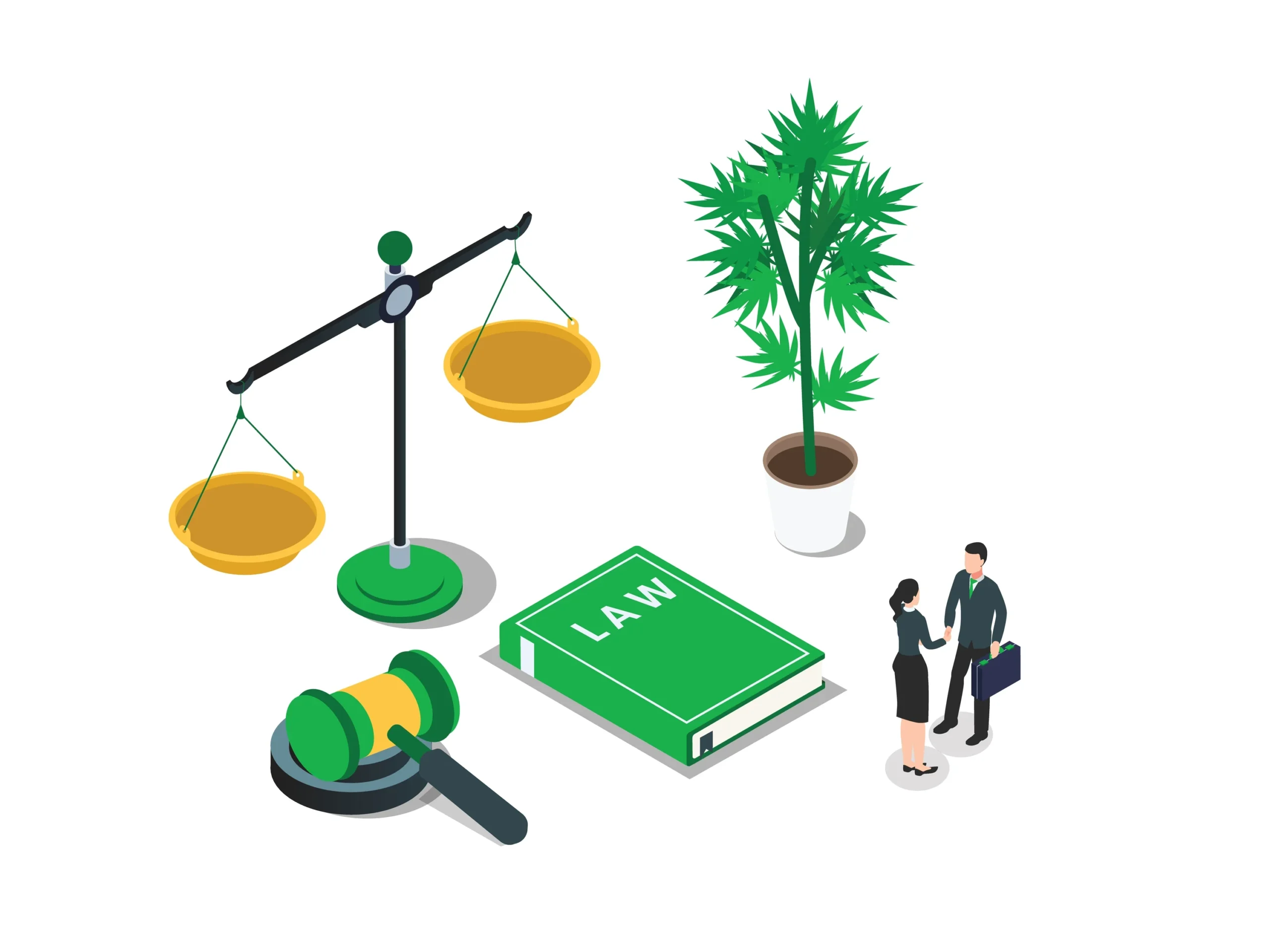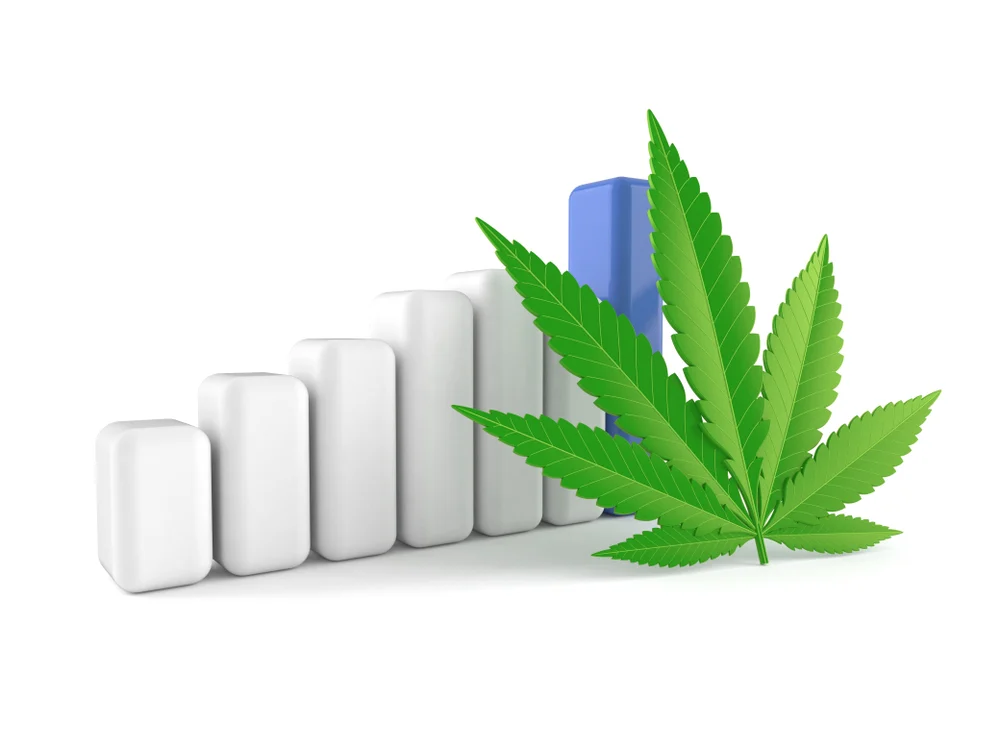Over a decade has elapsed since Colorado legalized cannabis, yet illicit markets persist despite the proliferation of legal cannabis programs across the United States. Erik Gundersen delves into some of the reasons behind the resilience of the illicit market and why its eradication remains a distant prospect.
Cost Dynamics
A pivotal driver behind the enduring presence of the illicit market is cost. The primary factor influencing a cannabis consumer’s decision-making is price, leading them to prioritize obtaining the most affordable cannabis to prevent cutting back on consumption. Regulations and steep taxes inflate prices for legal operators, rendering illicit alternatives more appealing to budget-conscious consumers. Nevertheless, the continuous evolution of regulations and data-informed tax policies offer promise in bridging this price disparity over time.
Perception of Regulated vs. Illicit Cannabis
In 2018, a survey was conducted to examine consumer perceptions of ‘legal’ and ‘illegal’ cannabis. Researchers found that compared to illegal sources, at least one third of respondents perceived legal cannabis to be higher quality (37.6%) and safer to use (40.3%). On its surface this is a positive finding. However, if 62.4% of respondents perceived illicit cannabis to have equal (or greater?) value than its legal counterpart, there’s a problem. Furthermore, if 59.7% of respondents perceived illicit cannabis as safe (or safer?) than legal cannabis, we have some work to do. Perceptions of legal cannabis needs to change.
Branding Limitations
Regulatory cost will generally make legal cannabis more expensive, but legal cannabis has one major advances over its illicit counterpart: brands. While legal cannabis enjoys the advantage of branding, stringent advertising regulations impede the full exploitation of this potential. Unlike iconic brands in other sectors, cannabis brands struggle to accrue value due to advertising constraints. Despite the anticipation of gradual relaxation of these limitations over time, policymakers still must carefully weigh the benefits against potential adverse health outcomes.
Coordination Challenges
The transition of entrenched operators from the illicit market to regulated programs presents a formidable hurdle. The entrenched infrastructure and distribution networks of illicit operators gives them a competitive advantage. Effective solutions necessitate coordinated efforts among lawmakers, regulators, law enforcement, and industry stakeholders, yet achieving meaningful and comprehensive coordination remains elusive.
Federal Prohibition and Interstate Commerce
The absence of federal legalization and interstate commerce perpetuates the pivotal role of the illicit market in balancing supply and demand across state borders. Without federal intervention, illicit cannabis continues to flourish, undercutting legal markets. While policymakers explore strategies such as product management and innovative policies, federal legalization remains the most important step toward addressing this challenge.
Conclusion
The persistence of the illicit cannabis market is underpinned by a multitude of factors, extending even beyond taxation or federal prohibition. While policymakers diligently pursue solutions, the eradication of illicit sales demands time and multifaceted approaches. As states navigate legalization, the illicit market continues to exert a formidable presence. Nonetheless, with persistent efforts and innovative strategies, there is optimism for gradual progress.



